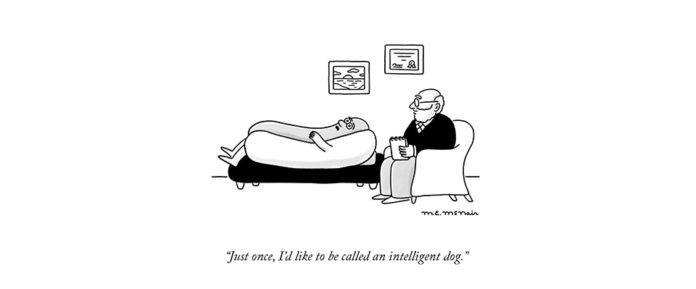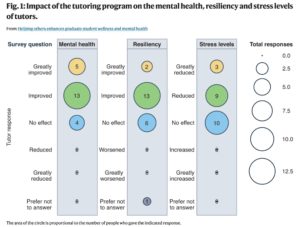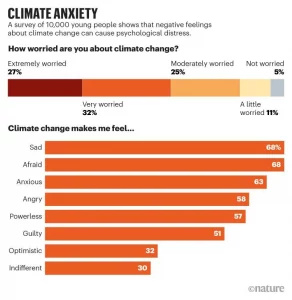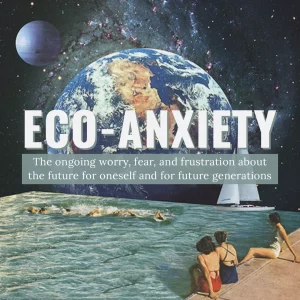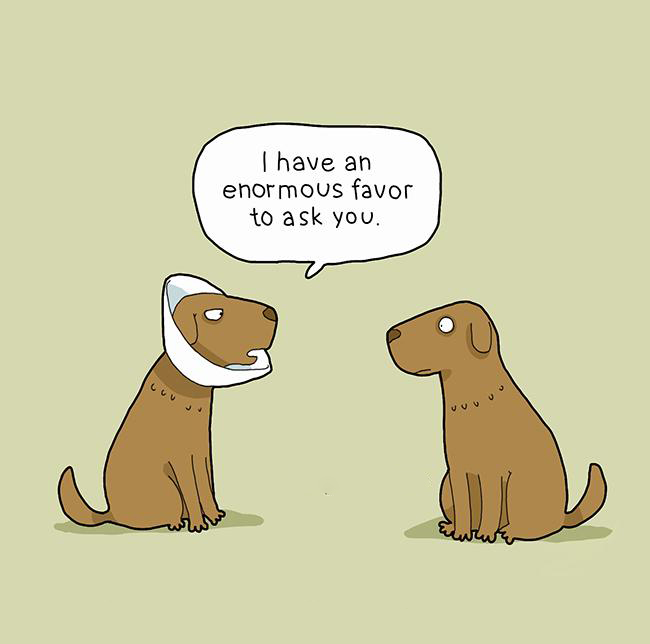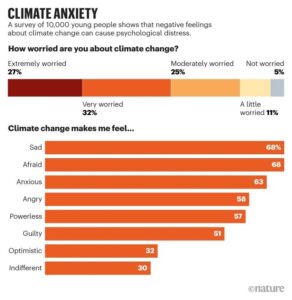May may be Mental Health Awareness Month but let’s be honest, mental health deserves the spotlight year round and every single day. The mental health toll of the pandemic has made this issue even more urgent. Rates of anxiety and depression among U.S. adults were about 4 times higher between April 2020 and August 2021 than they were in 2019. Some of the sharpest increases were among males, Asian Americans, young adults, and parents with children in the home, according to Centers for Disease Control and Prevention data.
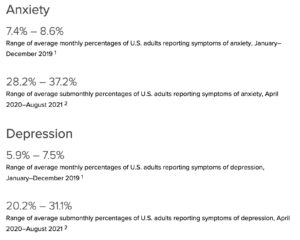
The World Health Organization defines health as “a state of complete, physical, mental, and social wellbeing and not merely the absence of disease or infirmity.” Put simply, there is no health without mental health.
My goal with The Dose is to shine the spotlight on different aspects of mental health each week. Today’s newsletter provides a framework for finding a therapist that works for you.
1. How do you know if you need therapy?
You are experiencing any of the following:
🔲 Trouble regulating your emotions
🔲 Burnout
🔲 Performing less effectively at school or work
🔲 Turning to unhealthy behaviors such as excessive alcohol use
🔲 Thoughts of self-harm or harming someone else
🔲 People close to you are concerned about you
Keep in mind:
Therapy isn’t only for addressing mental health struggles or a crisis. It can be for anyone going through a transition and a tool to give yourself a boost or help you thrive. People don’t only workout because they want to lose weight, they also workout to build strength and feel good. Similarly, going to a therapist can be like going to a mind gym to increase emotional flexibility and resilience.
2. How do you go about finding a therapist?
🔲 Consider personal preferences such as background and gender
🔲 Ask about credentials, expertise, and experience
🔲 Consider the type of therapy you are interested in
🔲 Ask your primary care provider or another trusted professional for a recommendation (The APA’s Psychologist Locator is an excellent resource)
🔲 Determine your budget (does your health insurance provide mental health benefits? Does your employer offer an Employee Assistance Program?)
Keep in mind:
While convenient, asking friends and family for a recommendation is not always the best idea. Just because something worked for them does not mean it will work for you. Also, sharing a therapist with a close family member or friend can be awkward and create trust issues.
Do not spend too much time looking for the “perfect therapist.” Remember, you could always end therapy if you realize during later sessions you and your therapist are not a good match.
3. What are the goals of therapy?
🔲 Identify your goals during the initial consultation and evaluate progress with your therapist on a regular basis
🔲 Stay flexible — as therapy unfolds, new goals may arise. Don’t be afraid to “re-goal.”
Keep in mind:
Therapy is a process.
4. How do you know it’s working?
🔲 You start to feel better! (Good therapy is like emotional windshield wipers — you begin to find clarity and perspective)
🔲 You begin to make positive behavior changes
🔲 You feel more optimistic
🔲 You are living your values
🔲 You are taking better care of yourself
Keep in mind:
The most important predictor of a positive outcome is a good connection between you and your therapist. This is known as the therapeutic alliance. Feeling safe, comfortable and valued is essential. Research shows that the relationship between patient and therapist has a significant impact on progress. In fact, an APA task force found that the type of therapy matters less than a good therapeutic connection. It makes sense that you are more likely to make positive changes when you feel supported by your therapist. A good therapist will challenge you. If you feel frustrated or like skipping a session, treat those feelings as data. Talk to your therapist. Communicate how you’re feeling. Working through uncomfortable emotions can be a gateway to growth.
Therapy doesn’t only have to be about fixing what’s wrong, it can also be about building what’s strong.
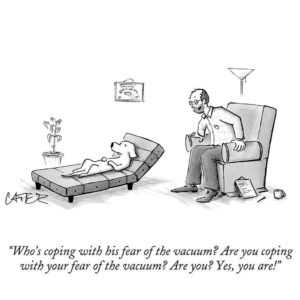
I wish you all the best,
Dr. Samantha Boardman

